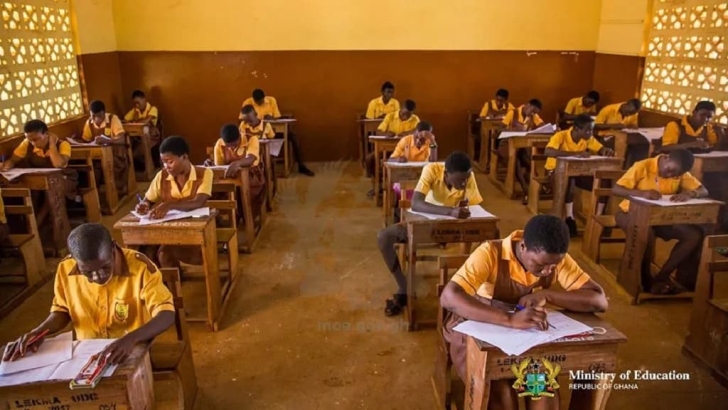Private schools at the basic level in most urban areas in Ghana have seen more enrolment in recent years than public schools, according to Africa Education Watch, due to a perceived diminishing quality of tuition in public schools.
The situation has been driving many parents, especially in the urban areas, to send their children to private schools instead of public schools.
In Ghana, private basic schools generally outperform public basic schools in terms of academic achievement, despite public schools often employing more professionally trained teachers than private schools.
This disparity, Graphic Online understands can be attributed to factors like better resourcing, smaller class sizes, and stricter supervision in private schools, as well as higher levels of parental involvement and investment.
Public schools, while facing challenges like inadequate resources and infrastructure, also experience issues with teacher supervision and absenteeism.
For EduWatch, the issue of private schools attracting more enrolment than public basic schools was due to low funding in Ghana’s public basic education system.
In a radio interview with Accra based Citi FM monitored by Graphic Online on Tuesday [August 12, 2025], the Executive Director of EduWatch, Kofi Asare warned that without reforms to increase funding and distribute resources more fairly, public schools at the basic level risk becoming a last resort for children whose families cannot pay private fees.
This, according to him, would deepen inequality and weaken the education system’s contribution to national development at the basic level.
He said for example, public schools are growing by only 2 to 3 percent annually, while private schools at the basic level have expanded by over 40 percent in the past decade.
He noted that private institutions now account for about a quarter of basic school enrolments nationwide.
Mr Asare said the trend is more pronounced in some urban areas. In the Adenta Municipality in the Greater Accra Region for instance, only 8 percent of schools are public, compared with 92 percent private.
He observed that many private schools charge about GH¢10,000 a year, citing his own experience paying such fees.
For basic education, the capitation grant remains GH¢15 per child per year, which he described as far below what is required for public schools to compete with private providers.
On school feeding, Mr Asare described the recent increase in the allocation from GH¢1.50 to GH¢2 per meal as “a miracle” in the face of high food prices. He said the current procurement-driven approach is not sustainable and lacks community participation.
He proposed a redesign of the programme to make better use of limited funds.
At the senior high school level, the situation is different as there are more public senior high schools than private, and the public schools enrol more students than the private schools.
On the academic achievement side, generally, the public senior high schools outperform private schools.

